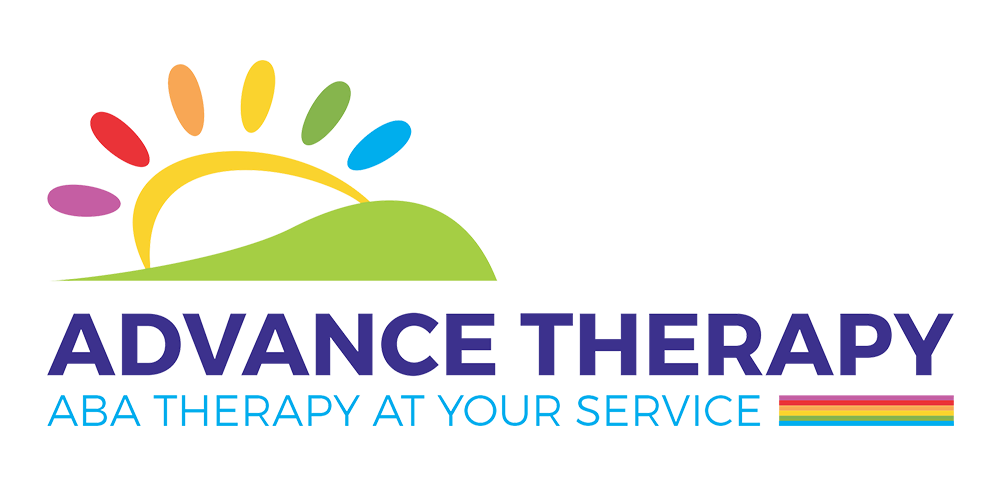
Imagine your child struggling to make friends, avoiding eye contact, or not knowing how to join a group conversation. For parents, these everyday challenges can feel overwhelming and heartbreaking. But what if there was a structured, research-backed approach designed to build meaningful social skills step by step?
Applied Behavior Analysis (ABA) therapy has emerged as one of the most effective interventions for children on the autism spectrum and those facing developmental delays. Beyond academics and behavior management, ABA plays a transformative role in teaching critical social skills—the foundation for building relationships, communicating, and thriving in everyday life.
Whether delivered in clinical settings, schools, or through Home-based ABA therapy Canada, this evidence-based therapy empowers children to navigate the complex world of human interaction. By breaking social behavior into teachable steps, reinforcing progress, and ensuring consistency, ABA opens the doors to connection, confidence, and independence.
This guide explores how ABA therapy improves social skills, why it works so effectively, and practical insights for parents seeking solutions. By the end, you’ll understand how Home-based ABA therapy Canada can create lasting change—and how to take the first steps for your child.
What Is ABA Therapy?
ABA (Applied Behavior Analysis) therapy is a scientifically validated approach that focuses on understanding and changing behavior. Its foundation is based on the principle that behavior can be learned and improved through reinforcement, modeling, and structured teaching.
In the context of social skills development, ABA doesn’t simply teach children what to say—it teaches them how to connect. For children with autism or developmental challenges, this process involves careful assessment, individualized goals, and repeated practice in natural settings.
Why Social Skills Matter
Social skills are more than just “being polite.” They are essential life tools that enable children to:
Make friends and build relationships
Participate in group activities
Communicate wants, needs, and feelings
Understand non-verbal cues such as facial expressions and tone of voice
Adapt to different environments like school, playgrounds, or family gatherings
For children who struggle socially, these missed connections can lead to isolation, frustration, and anxiety. This is why parents and professionals increasingly turn to Home-based ABA therapy Canada—because it addresses these issues in the most natural and supportive environment.
How ABA Therapy Improves Social Skills
1. Breaking Down Complex Behaviors
Many social interactions seem simple to neurotypical children but can feel overwhelming to those with autism. For example, joining a game of tag involves:
Approaching the group
Asking to join
Understanding the rules
Taking turns
ABA breaks this process into smaller, manageable steps. Each step is taught, practiced, and reinforced until the child masters it.
2. Positive Reinforcement
ABA uses positive reinforcement to motivate children. If a child maintains eye contact during a conversation, they receive praise or a preferred reward. Over time, these reinforcements encourage the child to repeat the behavior naturally.
3. Role-Playing and Modeling
Therapists often role-play social scenarios with children. For instance, they may practice greeting someone, sharing toys, or asking for help. Through modeling and repetition, children learn not just the words but also the context and body language involved.
4. Generalization of Skills
One of ABA’s strongest advantages is generalization—ensuring skills learned in therapy are applied in real-life settings. For example, if a child learns to say “hello” in therapy, the therapist works with parents to reinforce the same behavior at home, school, and in the community. This is why Home-based ABA therapy Canada is especially powerful, as skills are taught in the child’s natural environment.
5. Social Stories and Visual Supports
ABA often incorporates tools like social stories and visual aids. These tools explain social situations step-by-step, helping children understand expectations and outcomes.
6. Peer Interaction Practice
Therapists sometimes involve siblings, peers, or small groups in sessions. This structured interaction gives children the chance to practice new skills with real peers while receiving guidance and support.
Key Social Skills Developed Through ABA
Communication Skills
Initiating conversations
Maintaining back-and-forth dialogue
Understanding tone, sarcasm, and body language
Play Skills
Sharing and turn-taking
Cooperative play
Imaginative play
Emotional Understanding
Recognizing facial expressions
Expressing emotions appropriately
Empathy and responding to others’ feelings
Problem-Solving and Conflict Resolution
Negotiating during play
Handling disagreements calmly
Seeking help when needed
The Role of Parents in ABA Therapy
Parental involvement is one of the most crucial aspects of success in ABA therapy. With Home-based ABA therapy Canada, parents receive hands-on training and coaching to reinforce strategies consistently. Benefits of parent involvement include:
Faster progress due to consistency
Stronger bonding moments during learning
Empowerment of parents to handle challenging behaviors
Opportunities for practice in everyday routines
Why Choose Home-Based ABA Therapy Canada?
While clinic-based programs are effective, Home-based ABA therapy Canada offers unique advantages for social skill development:
Natural Learning Environment: Skills are taught where children spend most of their time, making them easier to apply.
Family Involvement: Parents and siblings can actively participate.
Convenience: Reduces travel time and integrates therapy into daily life.
Real-World Practice: Children practice greetings at the door, sharing at playtime, or requesting help during meals.
This personalized approach ensures children not only learn social skills but also apply them in the settings where they matter most.
Real-Life Examples of ABA and Social Skills
Case Example 1: Building Friendships
A 6-year-old child struggled to join group play at school. Through ABA, the therapist taught him how to approach peers, ask to play, and take turns. After weeks of practice at home and school, he successfully joined recess games and even initiated playdates.
Case Example 2: Improving Conversation Skills
An 8-year-old had difficulty holding conversations. Therapists used role-playing, visual prompts, and reinforcement. Over time, she could maintain conversations with peers, ask follow-up questions, and respond with appropriate body language.
Addressing Challenges in Social Skill Development
ABA therapy acknowledges that progress isn’t always linear. Common challenges include:
Resistance to new routines
Difficulty generalizing skills
Sensory sensitivities interfering with interaction
Frustration from slow progress
With individualized plans, constant monitoring, and parental involvement, ABA therapy adapts to overcome these hurdles.
Tips for Parents Supporting Social Skills at Home
Model Social Behavior – Greet neighbors, thank cashiers, and show your child what positive interaction looks like.
Practice Play Dates – Create structured opportunities for your child to practice.
Use Visual Cues – Charts or cards can remind children of steps like “say hello” or “take turns.”
Celebrate Small Wins – Reinforce every positive effort, no matter how small.
Stay Consistent – Consistency between therapy and home routines is key.
The Long-Term Impact of ABA Therapy on Social Skills
Children who receive ABA therapy often experience lasting benefits:
Increased confidence in group settings
Stronger friendships and family relationships
Better academic participation
Reduced behavioral frustration
Greater independence as they grow into adulthood
When combined with Home-based ABA therapy Canada, these improvements are not just theoretical—they become part of daily life.
Conclusion
Social skills are the bridge to connection, communication, and confidence. For children on the autism spectrum or with developmental challenges, mastering these skills can open doors that once felt closed.
ABA therapy provides a structured, evidence-based path to developing these essential abilities. By breaking down complex behaviors, reinforcing success, and ensuring skills are generalized to real-life situations, ABA empowers children to thrive socially.
The role of parents, therapists, and peers is equally vital, especially when therapy happens in the child’s natural environment through Home-based ABA therapy Canada. This approach ensures that learning doesn’t stay in the therapy room—it becomes part of everyday life.
As parents, seeing your child smile while playing with a friend or confidently joining a conversation is priceless. ABA therapy doesn’t just improve social skills—it builds futures filled with possibility, connection, and joy.
